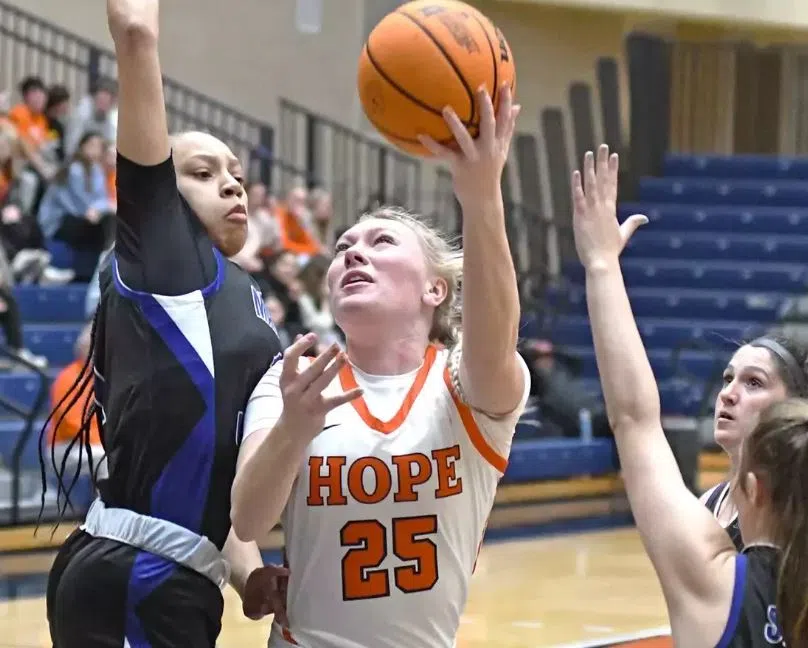By Radovan Stoklasa and Jan Lopatka
TRENCIN, Slovakia (Reuters) – More than 3.6 million Slovaks – two thirds of the population – took part in a widely-watched nationwide coronavirus testing programme over the weekend, Prime Minister Igor Matovic said on Monday.
The scheme to test the bulk of a country in two days is being studied by other nations looking for ways to slow the virus and avoid overwhelming their health systems.
A total of 38,359 people or 1.06% of those who took part tested positive and must quarantine, Matovic told a news conference.
“I deeply believe that this solution will work in Slovakia on the condition that those who received certification that they are negative will continue to act responsibly, and those who got a positive result will remain in quarantine with their families,” he added.
The premier has been pushing the programme as a decisive way to slow the spread of the virus and avoid a widespread lockdown.
It has faced opposition from some experts who say the antigen tests that Slovakia used – quicker but less accurate than standard PCR tests – are better suited for targeted programmes and need to run with other measures.
Matovic said the government was aware of those concerns but felt that even a 50% success rate in revealing infected people would help.
The weekend’s results showed that infection rates had dropped substantially in four districts where a pilot round was held a week ago, he added.
Children up to the age of 10 were exempt and testing was voluntary for others – but people who chose not to take part must go into quarantine.
“We had to have the test done, otherwise we would not get in here … unfortunately it is what it is,” said Patrik Kvasovec, a customer at the Laugaricio shopping centre in Trencin, north of Bratislava.
Compared with other parts of Europe, Slovakia recorded relatively few cases after the pandemic started spreading in March but infections have soared in recent weeks. The government has warned the increase could overwhelm hospitals.
(Reporting by Jan Lopatka and Radovan Stoklasa; Editing by Alison Williams, Michael Kahn and Andrew Heavens)






